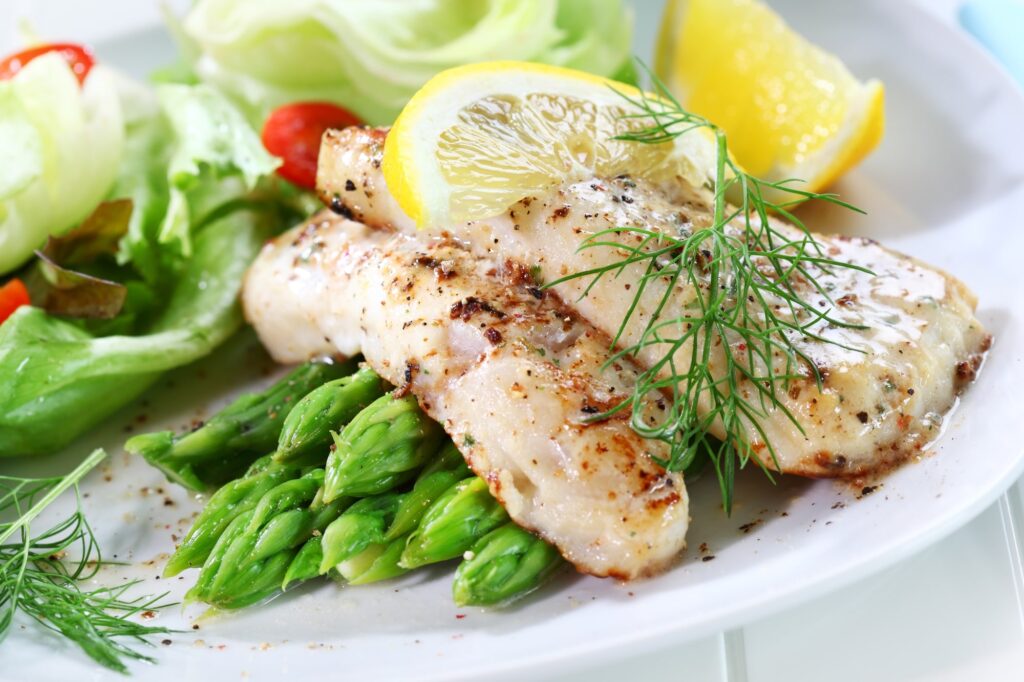The link between food and sleep
If you’re having trouble sleeping well, what you eat during the day and in the lead up to your bedtime may be to blame. Find out how food and sleep are linked.

What is the link between food and sleep?
Just as there are some foods that give you energy and leave you feeling lethargic, food and sleep also go hand in hand.
Scientific research seems to indicate that consuming a wide range of vitamins and minerals is important for sleep. Sleep deficiencies seem to occur when there is a deficiency in some key nutrients — in particular calcium, magnesium and vitamins A, C, D, E and K.
When it comes to providing optimal nutrition, research has shown that the Mediterranean Diet, which is high in plant food while incorporating lean meat and high-fibre foods improves not only heart health but sleep quality.
Diets that focus on whole foods and reduced salt and saturated fats have also been shown to improve sleep.
How does sleep affect your nutrition?
Just as food can affect your sleep, so too can sleep affect your nutritional intake. Research has shown that people who don’t get enough sleep are more likely to be overweight or obese. They are also more likely to choose foods that are high in calories, fat, carbohydrates and sugar — foods that don’t nourish the body.
This is due to two hunger hormones called ghrelin and leptin, that regulate hunger and fullness. Ghrelin signals hunger to the brain, while leptin suppresses hunger and signals fullness to the brain. When you don’t get enough sleep, levels of the hunger hormone ghrelin increase, while levels of leptin decrease.
In addition, sleep deprivation dulls activity in the front part of your brain which is in charge of decision-making and self-control. So, lack of sleep actually means you’re more likely to make poor food choices.
Foods that can help you sleep
While there is no one food that is a magic bullet when it comes to good sleep, there are some foods that have been shown to be beneficial in improving sleep. These include:
- kiwi fruit
- tart cherries (as opposed to sweet cherries)
- bananas
- fatty fish
- turkey
- nuts, in particular almonds and walnuts
- white rice
- oatmeal
- chamomile tea
- dairy foods
- malted milk
Foods you should avoid before bedtime
Just as there are foods that can help you sleep, there are also some that will do the opposite. These include:
Tobacco, illicit drugs, medications and other stimulants also have the potential to interfere with you getting a good night’s sleep.
Prepare your body for sleep
As well as paying attention to what you eat before bed, you should also do the following if you want a good night’s sleep:
- avoid electronic devices for at least an hour before bedtime
- use the evening to do relaxing activities such as read, listen to music or have a bath
- avoid difficult conversations or stressful situations before bed
- drink caffeine-free herbal tea to help promote sleep
- ensure your room is dark, quiet and the right temperature
Having a comfortable bed to sleep in is also very important. At BedGuard, we specialise in high-quality, waterproof, hypoallergenic mattresses to suit all members of your family. Contact us today to find out more.





